Regional Actors in Multilateral Negotiations
Active and Successful?
Nonfiction, Social & Cultural Studies, Political Science, Politics, Practical Politics, International| Author: | Diana Panke, Stefan Lang, Anke Wiedemann | ISBN: | 9781786606709 |
| Publisher: | Rowman & Littlefield International | Publication: | February 28, 2018 |
| Imprint: | ECPR Press | Language: | English |
| Author: | Diana Panke, Stefan Lang, Anke Wiedemann |
| ISBN: | 9781786606709 |
| Publisher: | Rowman & Littlefield International |
| Publication: | February 28, 2018 |
| Imprint: | ECPR Press |
| Language: | English |
Since the end of WWII, not only the number of international regimes and organizations, but also the number of regional organisations and groups increased considerably. Today, states are often members of regional and international organisations at the same time and cover similar policies in both. This contributes to a regionalization of international relations since not only states, but also regional actors are active in international negotiations. This book provides a comprehensive analysis of how active and how influential regional actors are in today’s international negotiations. Based on a quantitative analysis of more than 500 international negotiations and three in-depth case studies, the book not only explains why some regional actors are more vocal than others in international organisations, but also why they differ concerning their prospects for success.
Since the end of WWII, not only the number of international regimes and organizations, but also the number of regional organisations and groups increased considerably. Today, states are often members of regional and international organisations at the same time and cover similar policies in both. This contributes to a regionalization of international relations since not only states, but also regional actors are active in international negotiations. This book provides a comprehensive analysis of how active and how influential regional actors are in today’s international negotiations. Based on a quantitative analysis of more than 500 international negotiations and three in-depth case studies, the book not only explains why some regional actors are more vocal than others in international organisations, but also why they differ concerning their prospects for success.
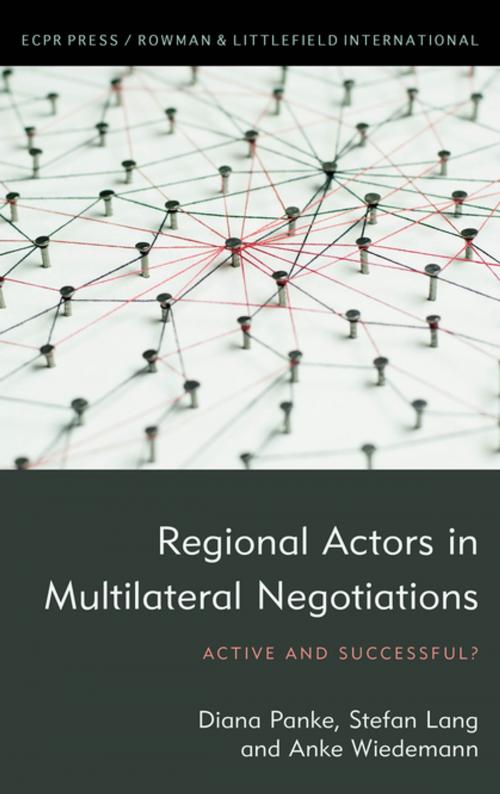


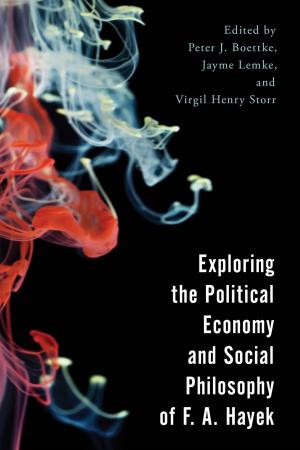
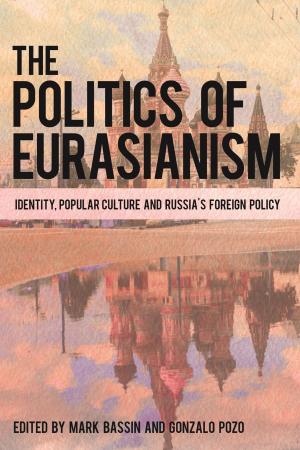



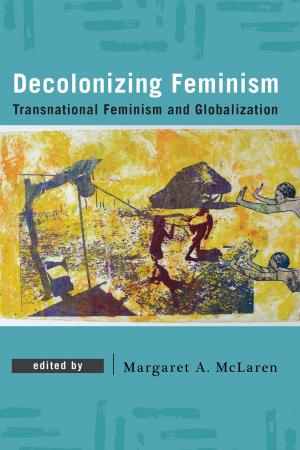
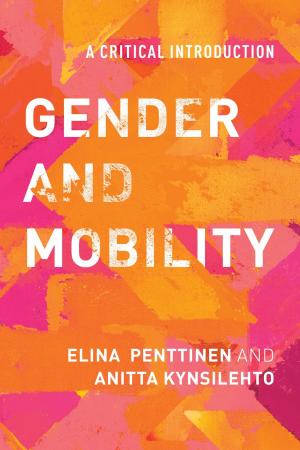

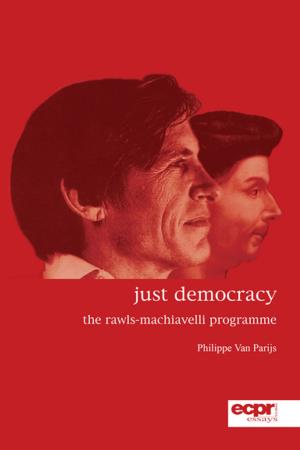

![Cover of the book The Pregnancy [does-not-equal] Childbearing Project by Diana Panke, Stefan Lang, Anke Wiedemann](https://www.kuoky.com/images/2017/february/300x300/9781786602947-Vsz6_300x.jpg)

